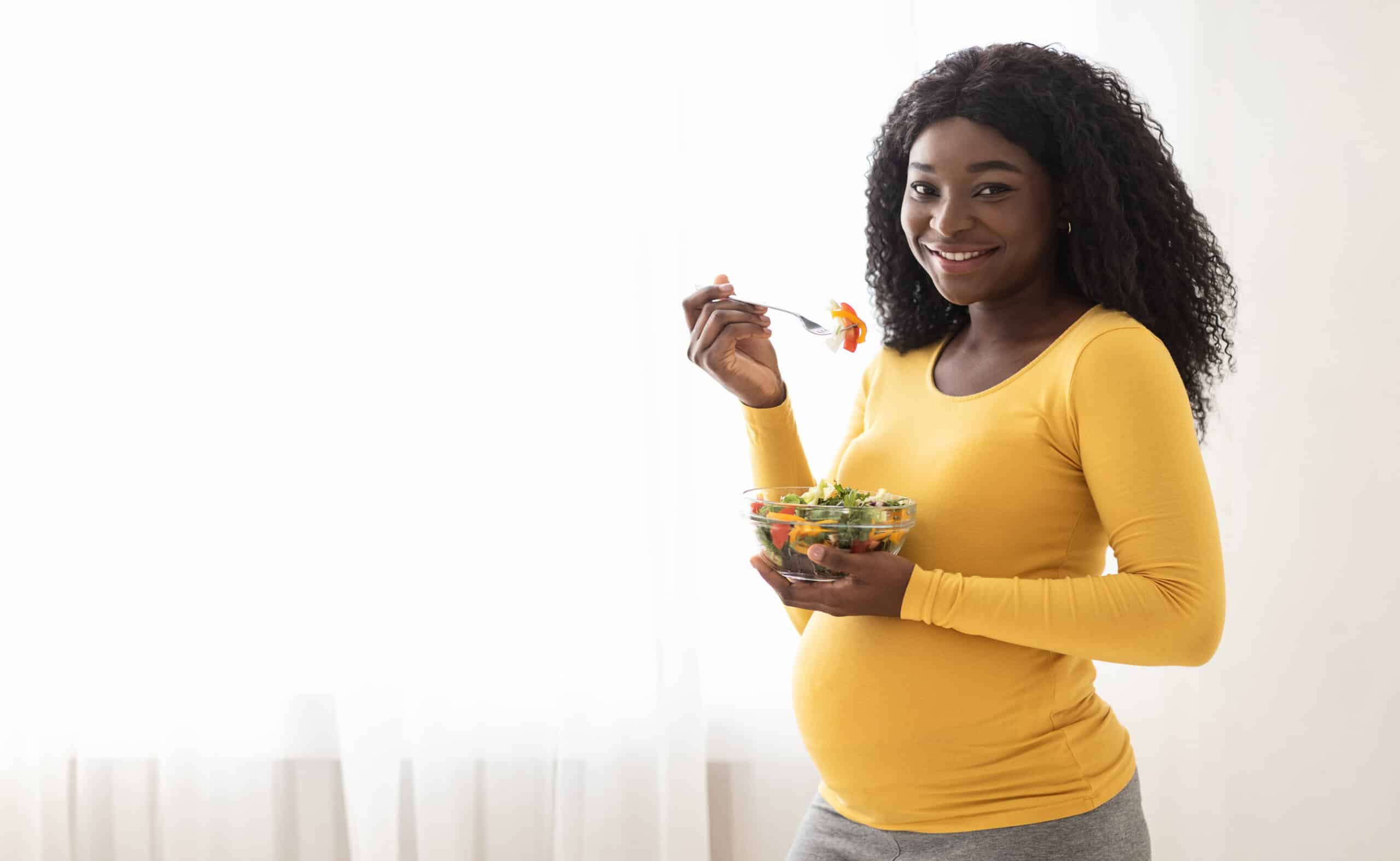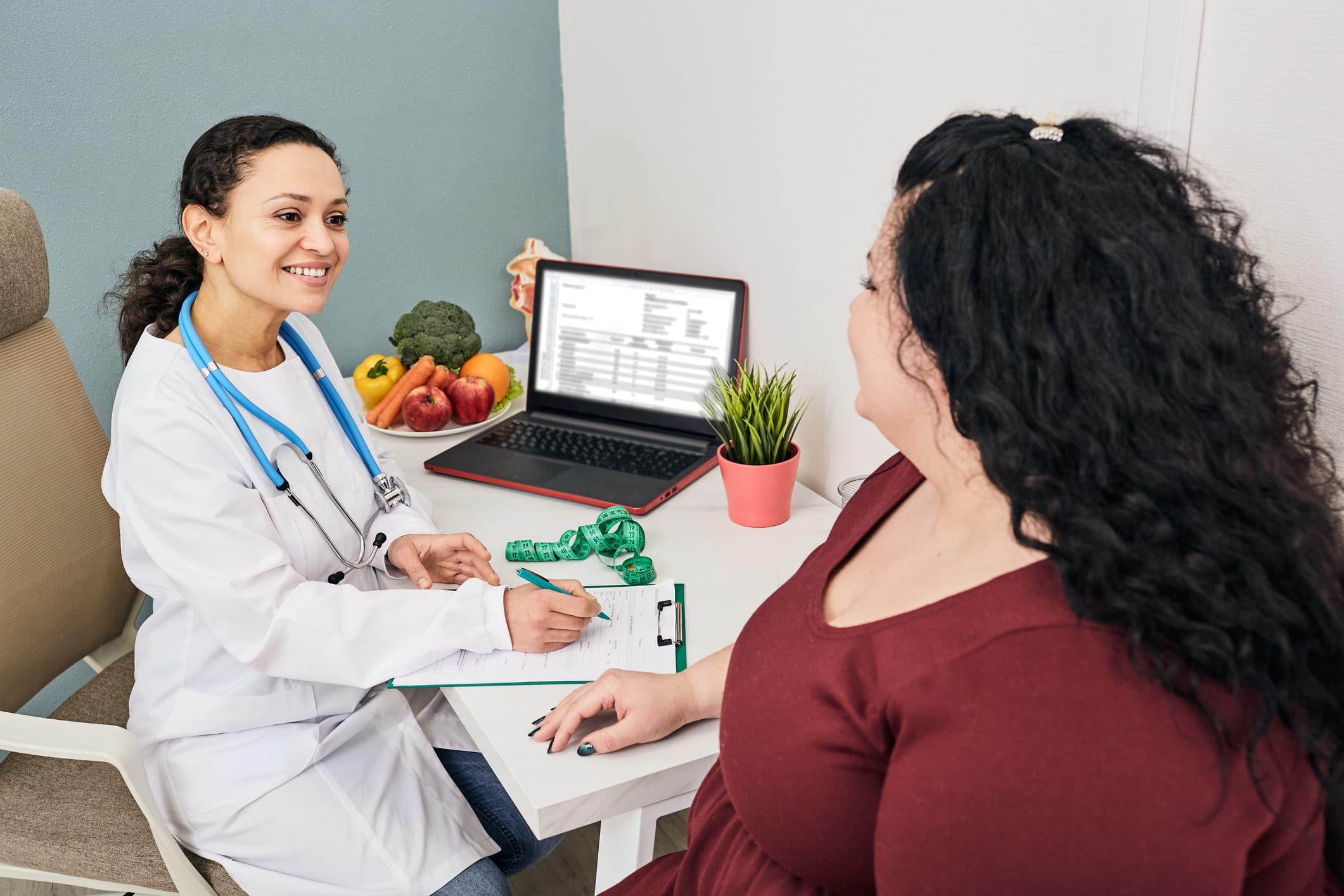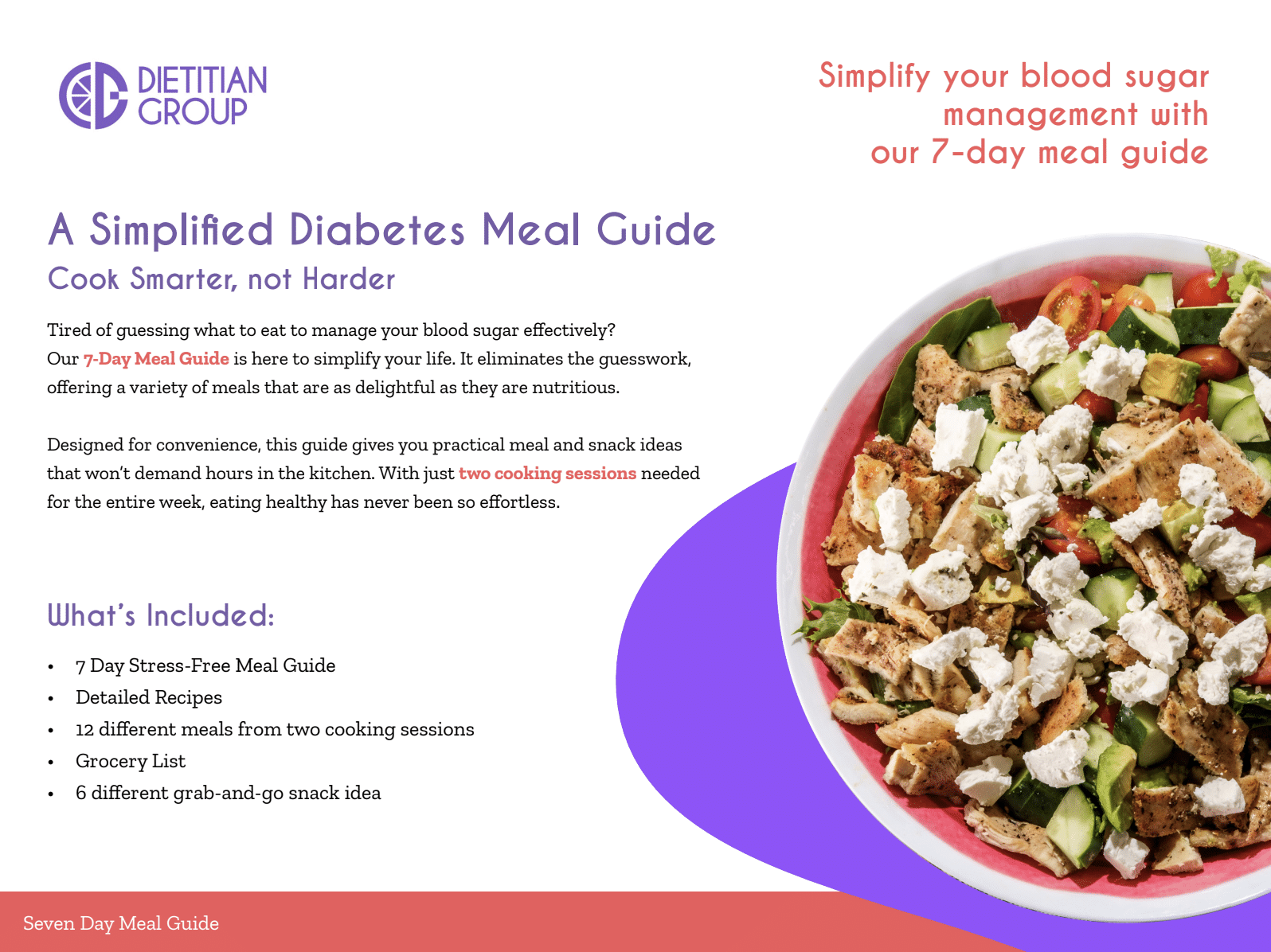Prenatal Nutrition
For those overwhelmed by conflicting wellness advice, our multi-factor approach aligns nutrition with your whole health journey, helping you find natural balance without extreme rules or restrictions. We offer expert, compassionate nutrition support that empowers you through every stage of your motherhood journey.
Prenatal Diet & Nutrition Support
Dietitian Group’s prenatal nutrition service clarifies the overwhelming world of maternal nutrition into a clear, supportive pathway. We provide comprehensive nutrition strategies that adapt from fertility through pregnancy and postpartum, turning nutritional uncertainty into confident, empowering education that supports both mother and baby.
We understand the emotional and physical challenges of nutrition during pregnancy, and the overwhelming amount of conflicting information you’re navigating
Imagine a motherhood journey where:
- Nutrition feels simple and empowering
- You’re confident in your food choices
- Your body feels supported at every stage
- Anxiety about eating melts away
- You feel truly nourished and prepared


What Do Prenatal Dietitians Do?
Prenatal dietitians are nutrition experts specializing in providing nutritional guidance to pregnant women. They help expectant mothers understand their changing dietary needs during pregnancy and provide advice on how to optimize their health through nourishing meals and lifestyle changes. Prenatal dietitians also often recommend taking prenatal vitamins as part of a healthy pregnancy diet.
A significant responsibility of prenatal dietitians is creating individualized meal plans for expecting moms based on their unique preferences, medical history, and current physical condition. Through personalized counseling sessions with these professionals, women can learn what foods best support them and their baby’s development. These consultations involve discussing nutrient-rich diets, food safety guidelines, hydration recommendations, and more.
How it Works
1. Set Your Appointment
Schedule initial consultation to begin your personalized journey
2. Discover Your Plan
Complete a comprehensive intake exploring your goals, history, and preferences to build a customized approach
3. Live Your Plan
Begin your personalized journey with regular check-ins that celebrate wins and adapt as your life evolves

Nutrition That Grows With You

Your Personalized Fertility and Pregnancy Roadmap
Nutrition is one of the most important ways to support your body during pregnancy. Our registered dietitians develop a comprehensive strategy that goes beyond basic prenatal vitamins, helping you understand how nutrition can optimize fertility, support healthy fetal development, and prepare your body for the incredible journey of motherhood. We’ll create a personalized nutrition plan that adapts to each trimester’s changing demands.

Confidence Through Nutritional Expertise
Pregnancy can feel overwhelming, especially when it comes to nutrition. We’ll equip you with practical, science-backed skills that transform nutrition from a source of anxiety to a powerful tool for wellness. Our approach breaks down complex nutritional needs into manageable, confidence-building strategies. Learn how to make informed food choices that support your baby’s development while honoring your body’s unique requirements, all without feeling stressed or restricted.

Healing and Nourishment Beyond Pregnancy
Your nutritional journey doesn’t end with delivery. Our postpartum nutrition support provides a comprehensive approach to healing, recovery, and sustained energy during the challenging early months of motherhood. We’ll help you navigate the nutritional challenges of breastfeeding, support your body’s recovery, and create sustainable eating habits that provide the nourishment you need to care for yourself and your baby. This is nutrition that goes beyond calories – it’s about whole-body healing and support.

A Lifelong Approach to Maternal Wellness
We believe nutrition skills learned during pregnancy are gifts that last a lifetime. Our framework provides ongoing, adaptive support that evolves with your changing body and life circumstances. Regular check-ins, personalized strategies, and a focus on celebrating your progress ensure you’re building confident, sustainable eating habits that serve you well beyond pregnancy. From fertility through postpartum and beyond, we’re committed to supporting your nutritional wellness at every stage of motherhood.

Marisa at Dietitian Group is a passionate, determined, and a motivating dietitian. She is dedicated to her clients’ health and wellbeing and eager to learn and grow herself to provide the best care to her clients and the practice. Highly recommend this group if you are looking for a dietitian.

Prenatal Nutrition That Makes Sense
At Dietitian Group, we know you want to be a confident, nourished mother who feels empowered by nutrition. In order to do that, you need a nutrition approach that truly understands the complexity of your motherhood journey. The problem is that conflicting advice creates anxiety and uncertainty, which makes you feel overwhelmed and stressed.
We believe nutrition should be a source of confidence and support during motherhood. We understand the challenges you face, which is why we’ve developed a comprehensive maternal nutrition approach.
We’ll provide nutrition strategies that create confident eating skills throughout your motherhood journey, adapting to each unique stage.
Simplify Your Diabetic Meal Planning
Imagine starting your day knowing exactly what to eat, with meals that are not just healthy, but actually enjoyable. Our guide eliminates the guesswork, offering a variety of delicious options that work with your body, not against it.
- Complete Grocery Guide: Simplified shopping list organized by department, taking the guesswork out of meal planning.
- 2 Cooking Sessions, 12 Meals: Maximize your time with a streamlined meal prep approach that delivers maximum variety and flavor.
- Flexible Snack Solutions: 6 easy, grab-and-go snack ideas that fit seamlessly into your busy lifestyle.
- Blood Sugar-Friendly Recipes: Scientifically designed meals that help stabilize blood sugar while keeping your taste buds happy.



